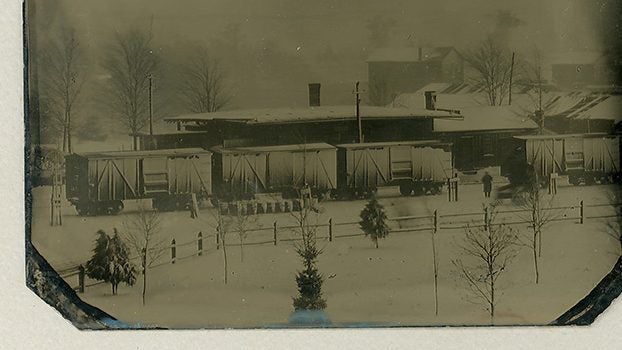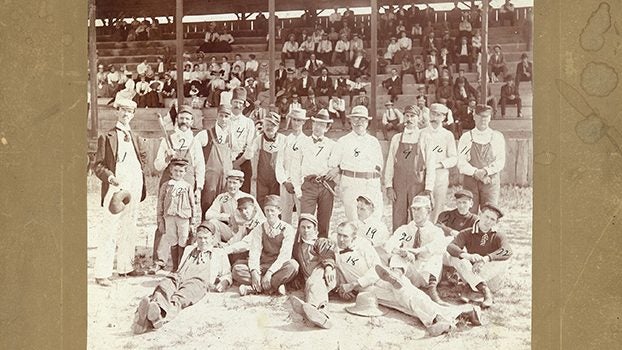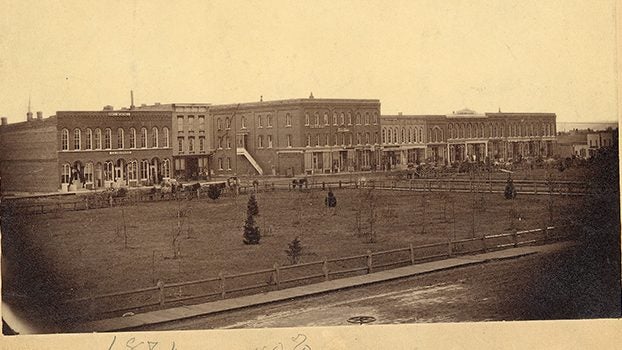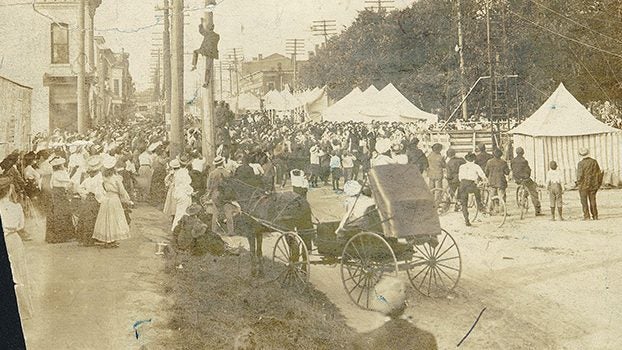Museum director shares favorite photographs
Published 9:59 am Monday, January 9, 2017
Photographs help document our lives, and technology has made it easier for us to take photographs today than at any other point in history.
For the first 150 or more years of photographic history, everyone did not have a camera and not every event — mundane or significant — was chronicled in photographs.
Whether the new technology is all for the good is debatable. For example, many people hold their phones up to take videos or photos instead of living in the moment and enjoying a concert, ballgame or special moment with their children.
Additionally, the digital format has made it so easy to take photos that too many exist, which makes it difficult to assess what is worth keeping. Throw in the fact that as a museum director and curator I am tasked with figuring out what to keep for the future, and I shudder to think about how museums and archives will adequately document the digital age through photos with millions of digital images from which to choose.
The museum has a quality collection of photographs that helps document Dowagiac’s history and events. We can track the growth of the Round Oak factory, view downtown through a photographer’s lens and revisit events throughout the city’s history.
As you may have read in recent news releases, this year’s One Story Read project has selected the book I co-authored with Ann Thompson, “Images of America: Dowagiac,” as the book for 2017. The museum, Pokagon Band of Potawatomi, Dowagiac District Library and Southwestern Michigan College will all host events addressing the book and the theme, “A Sense of Place.”
I kick it off with a program on Dowagiac photographs at 1 p.m. Feb. 18 at the museum. I thought I would share some of my favorite photographs from the collection for my column this month. Come to my program on Feb. 18 to learn about these images and to view more.
As part of the project, the Pokagon Band of Potawatomi Education Department has purchased copies of “Images of America: Dowagiac” for free distribution to the public. Stop by the participating institutions for a free copy of the book.









